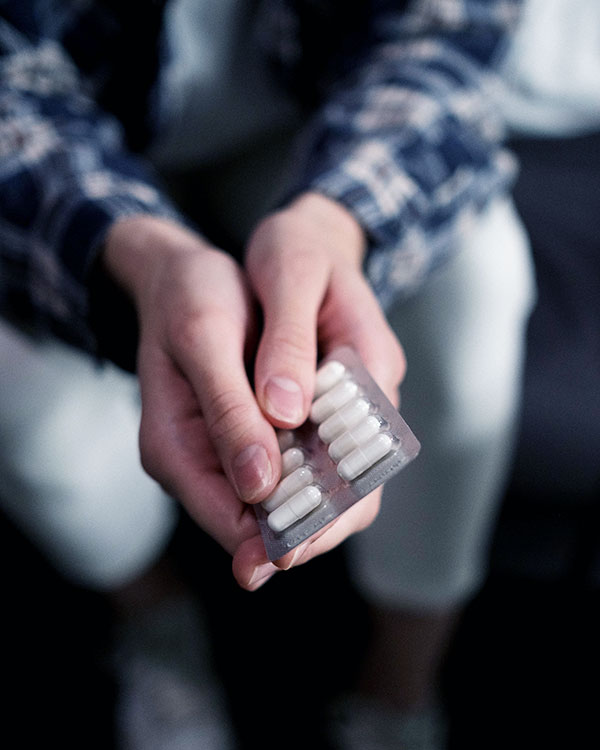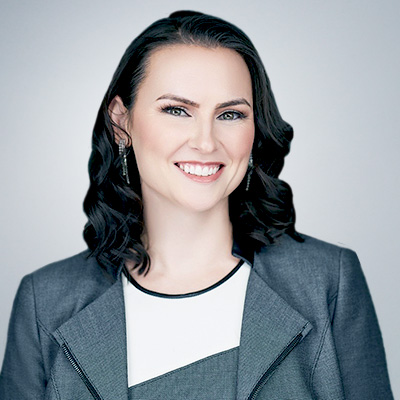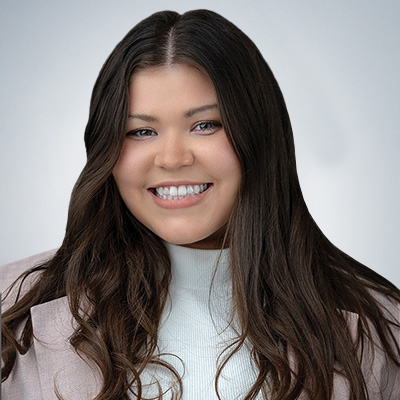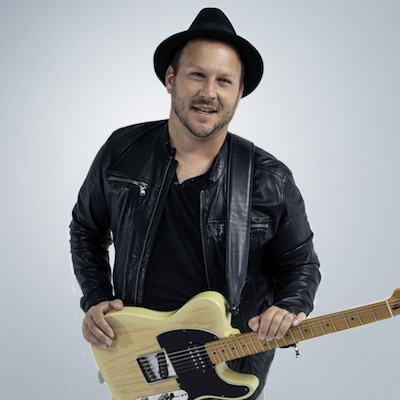

Substance Use
Substance use, also known as drug use, refers to the consumption of substances that can alter a person’s physical and mental state. These substances can be legal or illegal and include alcohol, tobacco, prescription drugs, over-the-counter medications, and illicit drugs such as cocaine, heroin, marijuana, and methamphetamine.
People may use substances for various reasons, including recreational purposes, self-medication, experimentation, or coping with stress or emotional difficulties. However, substance use can have significant negative consequences on an individual’s health, relationships, work or school performance, and overall well-being.
Substance use disorders (SUDs) are a serious concern associated with prolonged and excessive substance use. SUDs involve a pattern of compulsive substance use, loss of control over use, and continued use despite harmful consequences.
Common signs and symptoms of a substance use disorder include:
Increasing tolerance
Needing larger amounts of the substance to achieve the desired effect.
Withdrawal symptoms
Experiencing physical or psychological symptoms when trying to quit or cut down on substance use.
Loss of control
Being unable to control the amount or frequency of substance use.
Neglecting responsibilities
Failing to meet obligations at work, school, or home due to substance use.
Social and interpersonal problems
Experiencing conflicts with family, friends, or even colleagues as a result of substance use.
Persistent use despite negative consequences
Continuing to use substances even when it causes physical, mental, or emotional harm.

Treatment
If you or someone you know is struggling with substance use, it is important to seek help. Treatment options for substance use disorders include detoxification, counseling, therapy, support groups, and, in some cases, medication-assisted treatment. Rehabilitation centers and outpatient treatment programs are available to provide support and assistance in overcoming substance use disorders.
It’s worth noting that substance use can have severe health risks and legal consequences depending on the specific substance and local laws.
It’s always advisable to consult with medical professionals or addiction specialists for accurate information and guidance regarding substance use. The treatment that we provide for substance use disorders at Redeemed Mental Health: Behavioral therapies. Various evidence-based therapies, such as cognitive behavioral therapies (CBT), motivational therapy, and contingency management.
These forms of therapy are used to address psychological, emotional, and behavioral aspects of substance use disorders. These therapies help individuals identify triggers, develop coping strategies, and modify harmful thought patterns and behaviors.
Join the Journey to Healing
Begin Your Journey to a Brighter Life, Free from Mental Health Struggles! Call us today.

















